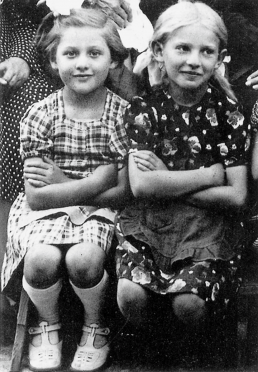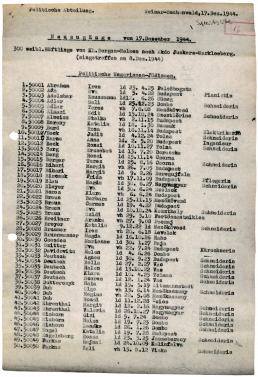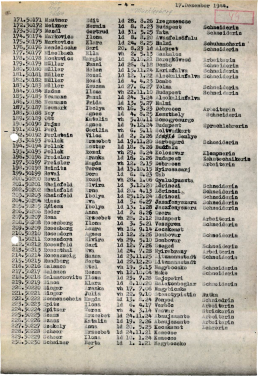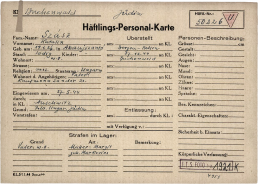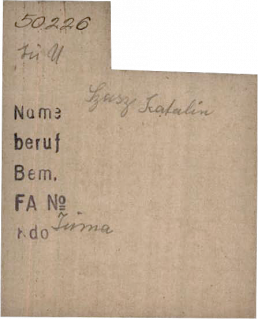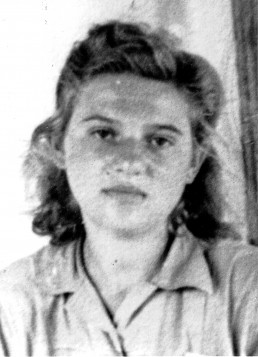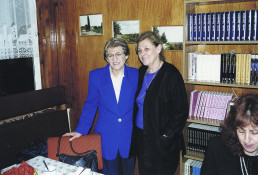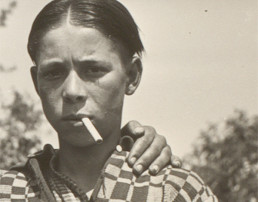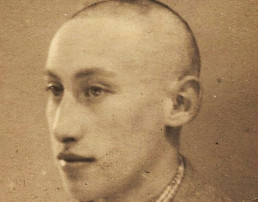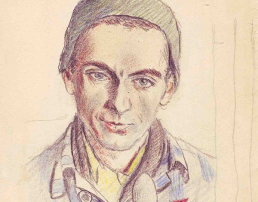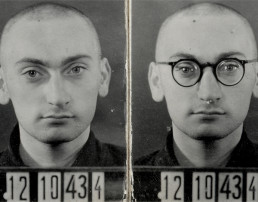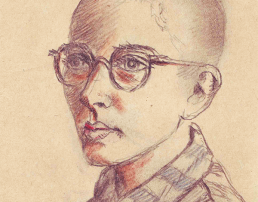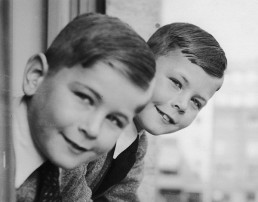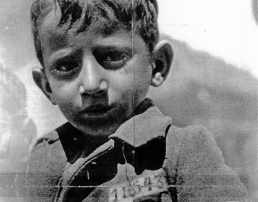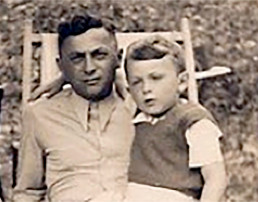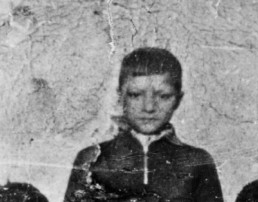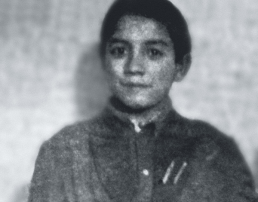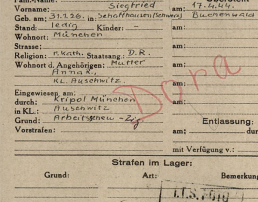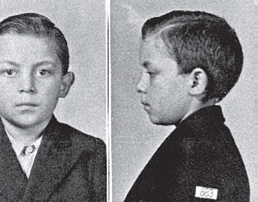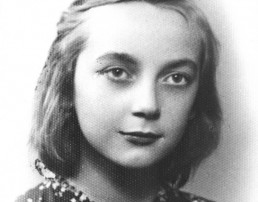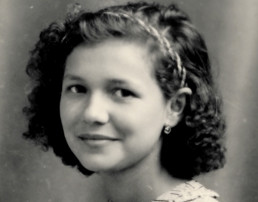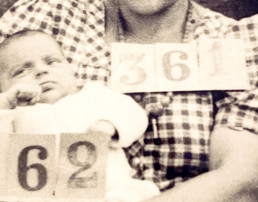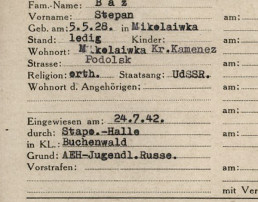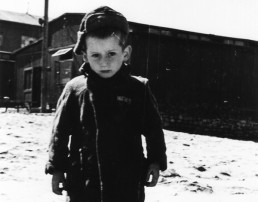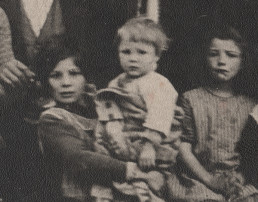Zahava Szász Stessel (née Katalin Szász)
A Hungarian Jew in the Markleeberg subcamp
Katalin Szász was born in Abaujszántó (Hungary) on 19 January 1930 to Margit and Sándor Szász. After the German occupation, the family was deported to Auschwitz-Birkenau in May 1944.
Upon arrival in Auschwitz, the 14-year-old Katalin was deemed “fit for work.” She and her sister were deported via the Bergen-Belsen Concentration Camp to a subcamp of the Buchenwald Concentration Camp in Leipzig-Markleeberg. There, the sisters were forced laborers for the SS in armaments production until the end of March 1945.
In April 1945, Katalin and Erszebet were liberated by Soviet troops while on a death march. In the hope of reuniting with their family, they returned to Hungary, but their parents were dead. In 1947, the sisters emigrated to Palestine, where Katalin married and took the name Zahava Szász Stessel. In 1957, she and her husband emigrated to the USA, where she still lives today.
Katalin Szász (right) with her sister, before 1939.
Katalin spent her childhood in Hungary with her younger sister Erszebet (she later changed her name to Hava), her parents, and grandparents. The family owned a store for clothes, shoes, coffee and books. The anti-Jewish laws passed in Hungary in 1939 and 1942 hit the family business hard. Katalin had to quit school early because her parents could no longer afford her tuition.
(Zahava Stessel)
Transport list from Bergen-Belsen to Markleeberg, 17 December 1944 (pages 1 and 4 of 6).
Katalin and her sister (on the list the numbers 225 and 226) pretended to be older when they arrived in Auschwitz-Birkenau, so that they could be categorized as “fit for work.” They were initially sent to the Bergen-Belsen Concentration Camp. In December 1944, both were transferred, along with 300 other women and girls, to the Leipzig-Markleeberg subcamp for forced labor.
(Arolsen Archives)
Buchenwald Concentration Camp prisoner registration file for Katalin Szász, 17 December 1944.
In the Markleeberg subcamp, she was registered as a “polit. ungar. Jüdin” (political prisoner, Hungarian Jewess) and is given the number 50226. Her date of birth is entered as 1926. In fact, she was four years younger.
(Arolsen Archives)
„After some terrible work assignments in a stone quarry, Hava and I were given indoor jobs. Hava was given a job randomly on an automatic machine and I was given the task of sweeping the floors inside the factory around the machines with a heavy broom.”
Zahava Stessel's account of forced labor in Markleeberg, 2021.
The women were put to work in the Junkers-Werke engine plant, where they had to produce airplane parts. Katalin was too small to work on the machine and was given the task of sweeping up the metal filings that fell to the ground. This lighter work saved her life.
(private property)
16-year-old Katalin Szász in the Indersdorf DP camp near Munich, 1946.
After the sisters were liberated by Soviet soldiers while on a death march, they returned to Hungary. They hoped to find at least their father. When they learned that none of their family had survived, they decided to emigrate to Palestine. From a DP camp in the Indersdorf monastery, they traveled via France to Palestine, where they arrived in February 1947.
(Zahava Stessel)
Zahava Stessel with her sister Hava Ginsburg in Leipzig-Markleeberg, 1998.
In the 1990s, Zahava Stessel, together with other survivors, campaigned for the redesign of the memorial plaque, dedicated in 1998, at the former concentration camp subcamp in Markleeberg. Zahava spoke several times for school classes about her camp experiences. In 2008, the city of Markleeberg awarded her honorary citizenship.
(Buchenwald Memorial)
